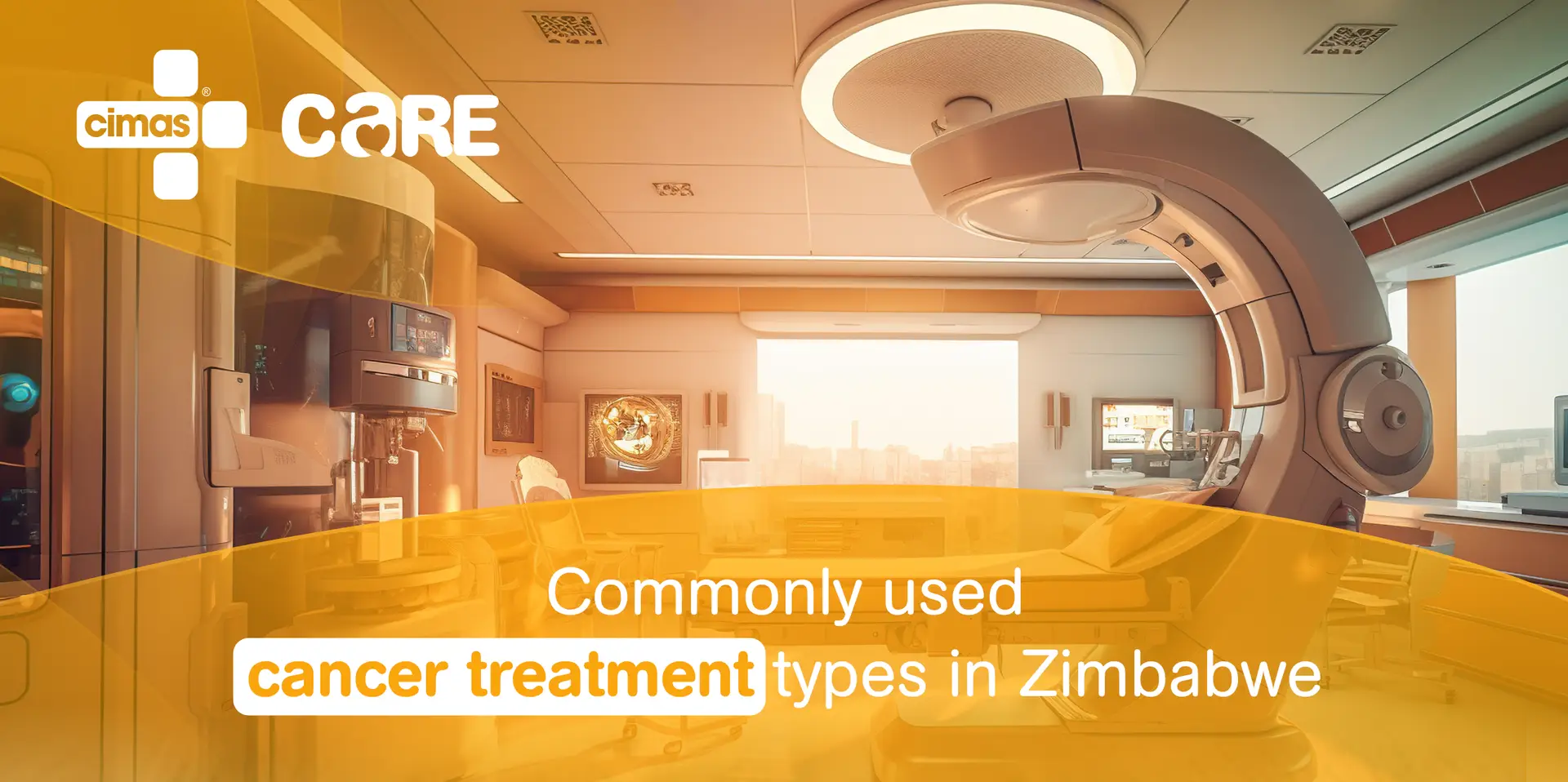
Many cancer treatments exist. Depending on your particular situation, you may receive one treatment or you may receive a combination of treatments.
Radiation Therapy
Radiation therapy (also called radiotherapy) is a cancer treatment that uses high doses of Radiation (similar to X-rays) to kill cancer cells and shrink tumors. Radiotherapy may be used in the early stages of cancer or after it has started to spread.
It can be used to:
• try to cure the cancer completely (curative radiotherapy)
• make other treatments more effective – for example, it can be combined with chemotherapy or used before surgery (neo-adjuvant radiotherapy)
• reduce the risk of the cancer coming back after surgery (adjuvant radiotherapy)
• relieve symptoms if a cure is not possible (palliative radiotherapy)
Common side effects of radiation therapy
• sore skin that might change colour to red, lighter or darker than your usual skin tone
• feeling tired
• hair loss in the area being treated
• losing your appetite
• a sore mouth
Chemotherapy
Chemotherapy is a drug treatment that uses powerful chemicals to kill or shrink fast-growing cells in your body. It is most often used to treat cancer, since cancer cells grow and multiply much more quickly than most cells in the body. Many different chemotherapy drugs are available.
Chemotherapy can be used at any stage of cancer, from IA/IB to IV. The nature of chemo varies according to the type of cancer the patient has.
Common side effects of chemotherapy
• Nausea and vomiting.
• Fatigue.
• Hair loss.
• Headaches
• Pain from nerve damage, such as burning, numbness, or shooting pains, usually in the fingers and toes
• Mouth and throat sores.




